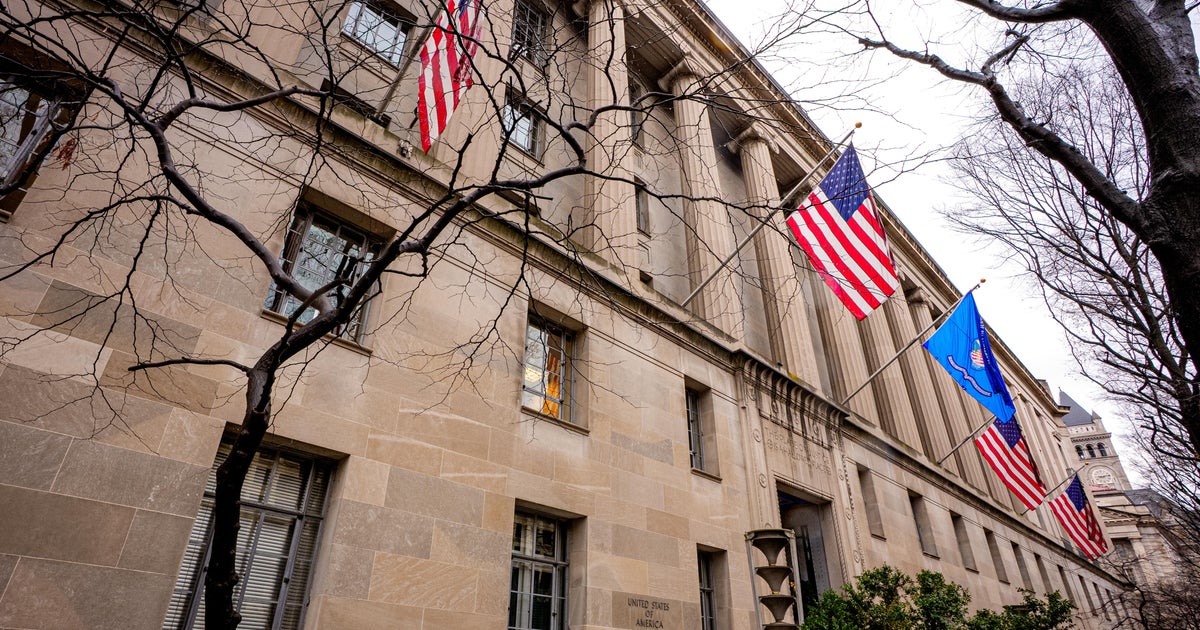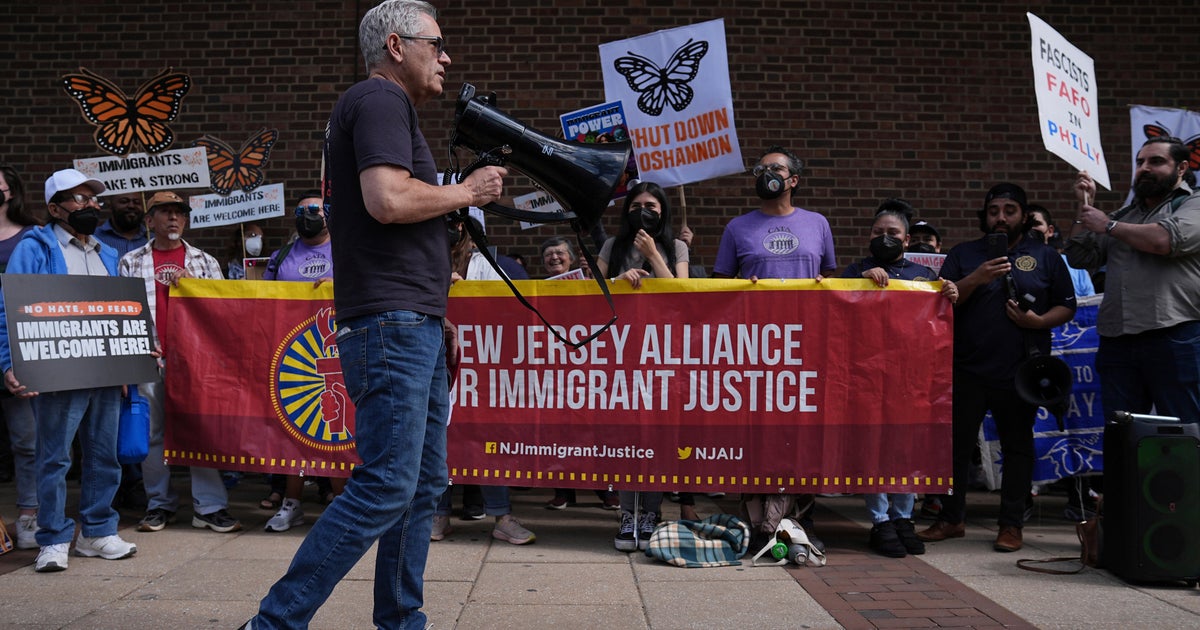Judge allows emoluments case against Trump to proceed
A federal judge is allowing Maryland and the District of Columbia to proceed with their lawsuit accusing President Donald Trump of unconstitutionally accepting gifts from foreign and state interests through his Washington hotel. The decision Wednesday clears the way for the plaintiffs to seek financial records from the president's company.
In his ruling, U.S. District Judge Peter J. Messitte rejected arguments from the Justice Department that earnings from business activities, including hotel room stays, do not qualify as unconstitutional gifts.
At issue is the Constitution's "emoluments" clause, which bans federal officials from accepting benefits from foreign or state governments without congressional approval.
Messitte sided with prosecutors and offered a definition of the term "emoluments," saying that it "extends to any profit, gain, or advantage, of more than de minimis value, received by him, directly or indirectly, from foreign, the federal, or domestic governments." He continued, "This includes profits from private transactions, even those involving services given at fair market value." This is the first time a court of law has defined the term "emolument."
Unless Congress approves, "receipt of the emolument is prohibited," Messite wrote, in reference to the Foreign Emoluments Clause. Regarding the Domestic Clause, "receipt of any emolument is flatly prohibited," and he found that the complaints of Maryland and D.C. are plausible.
The plaintiffs argue Trump's hotel harms area businesses because of the president's ties, and their complaint notes as an example that the Kingdom of Saudi Arabia and the Kuwaiti embassy spent their governments' funds at the Trump International Hotel in Washington, D.C. in 2016 and 2017. They say that the president could make money from these governments because he owns the hotel through his business, the Trump Organization, and he doesn't have congressional approval to receive the foreign governments' funds.
Among the arguments deployed by the president in his attempt to have the case against him dismissed was one involving President George Washington, who, as a private citizen, had purchased several land plots at a public sale. Though Washington had authorized the sale, and the sale was carried out by D.C. commissioners, "President Trump notes that no one at the time voiced Domestic Emoluments Clause concerns," which, he argued, showed that private commercial transactions weren't within the scope of the emoluments clause, Messite wrote. The president noted that Washington's actions weren't unique and other presidents also engaged in private commerce, "suggesting that it is reasonable to infer that at least some of their transactions must have been with foreign or state governments," Messite added.
Messite forcefully rejected the president's argument, noting, for one, that "the President has not cited a single Government opinion that conclusively supports his position. He simply submits that his proposed definition is 'not inconsistent' with existing precedent."
"That sort of argument clearly does not make the grade," wrote Messite.
The court gave both parties 21 days to submit a recommendation on next steps, including the timeframe for the president to respond.
In March, the court found that Maryland and D.C. had legal standing to sue Mr. Trump.
Two other emoluments lawsuits are also moving through federal courts.
CBS News' Clare Hymes contributed to this report.
Read the ruling here:





